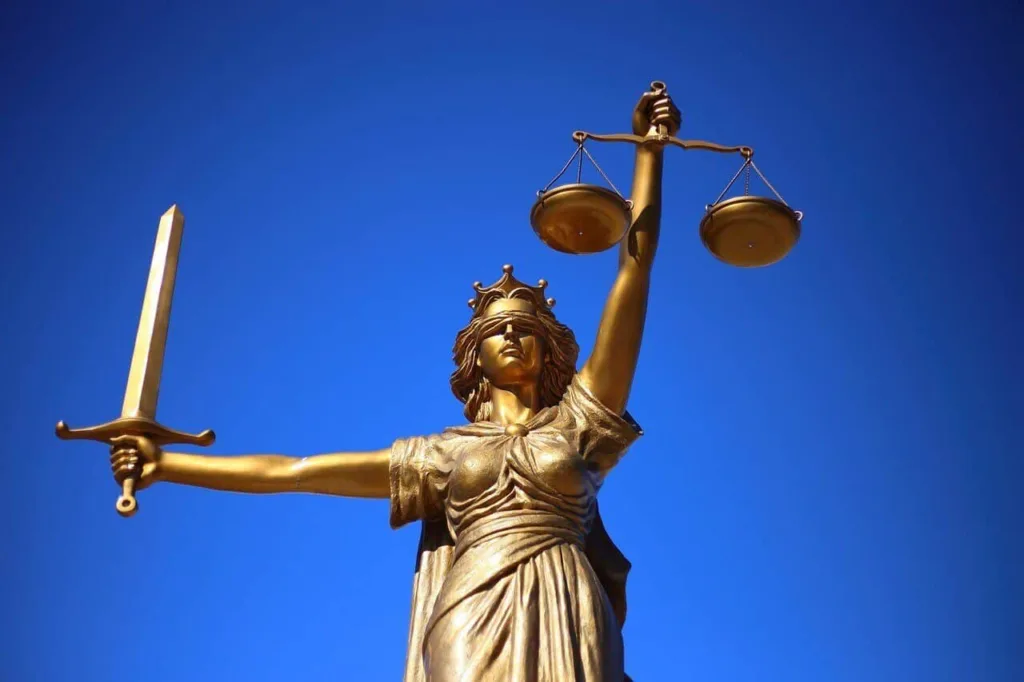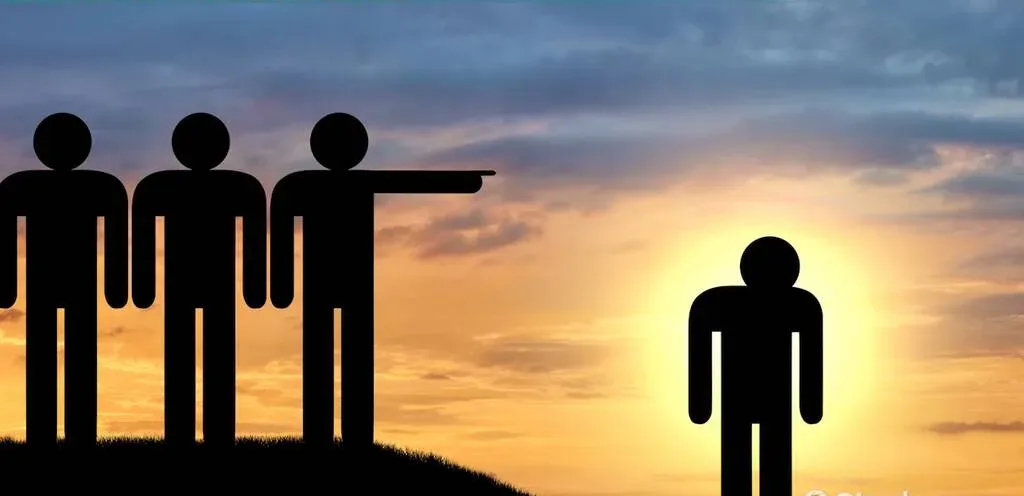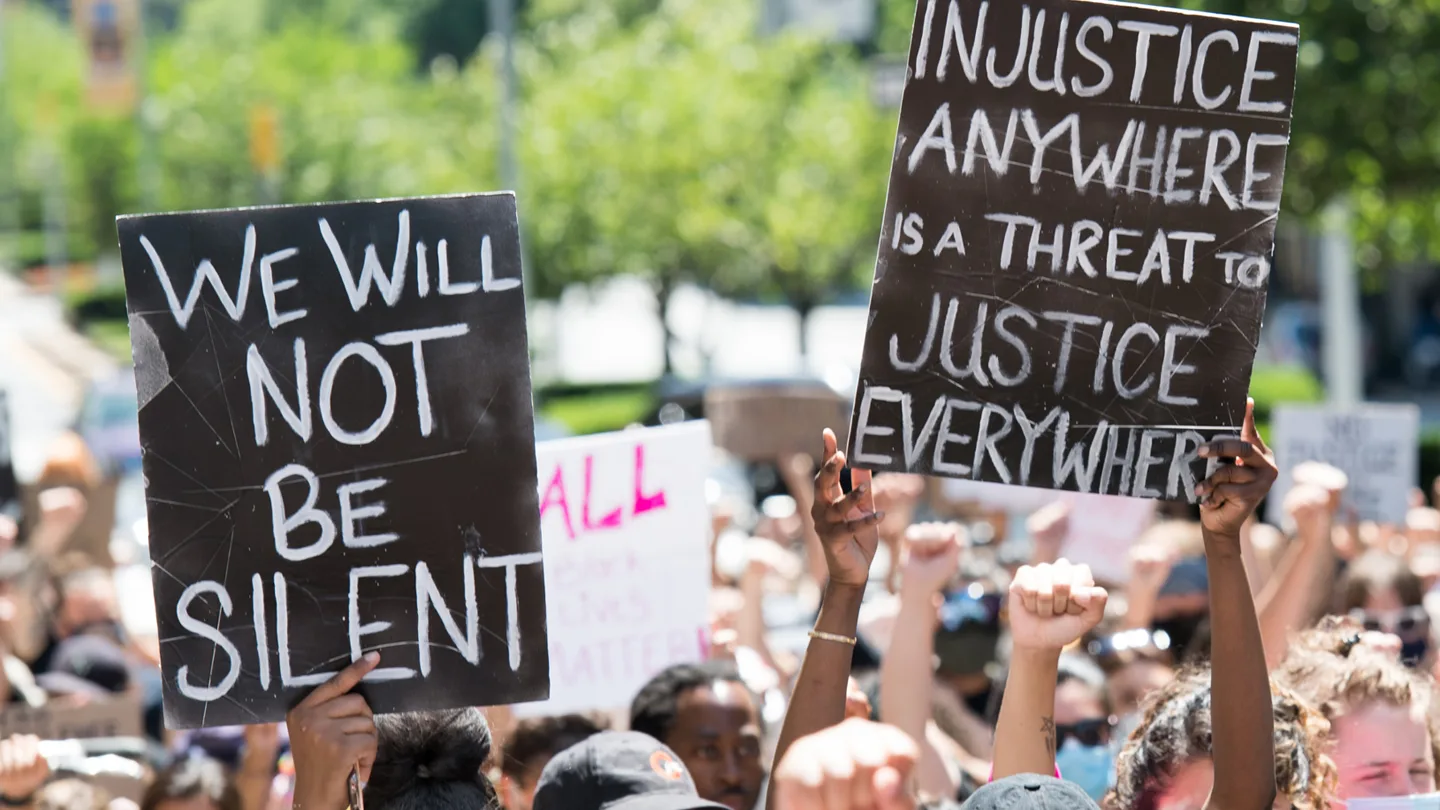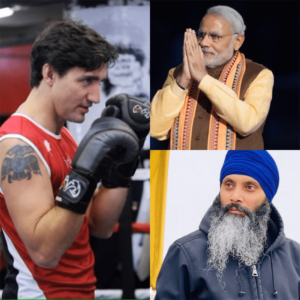What is Social Justice and Why Does it Matter?

Introduction
In today’s fast-changing world, social justice is a big deal. It’s not just a fancy word. It’s a movement about making things fair for everyone. It highlights and addresses issues like unfair treatment based on race, gender, money, and more. This article will help you understand the basics of social justice, why it’s important, and how you can help make the world more fair to everyone.
What’s Social Justice?
Social justice means making sure everyone gets the same rights and chances, no matter who they are. It’s about breaking down unfair systems that keep some people down. Here are the main ideas behind social justice:
Key Elements of Social Justice
Equal Treatment
Everyone should have the same rights and chances, regardless of their skin color, gender, religion, or how much money they have.
Fairness
It’s about giving extra help to those who need it to reach the same goals as others.
Including Everyone
Making sure everyone’s voice is heard, respected, and valued in decision-making processes. Everyone feels like they matter and belong.
No Discrimination
Saying no to treating people unfairly because of their race, gender, who they love, what they believe, or religion.

Why Social Justice Matters
The World of Work Summit in Geneva was conducted in June 2023 for Labour and Social Affairs by the United Nations. They help make the world fairer for everyone at work. They want to create a Global Coalition to give people better job opportunities and make the world a more equal place. Social justice isn’t just something people talk about; it has real effects on our lives:
Reducing Inequality
Social justice fights against the big gaps between rich and poor and treats everyone fairly, ultimately reducing economic and social inequality.
Celebrating Differences
It’s about welcoming people from all backgrounds and learning from each other.
Peace and Harmony
Injustices and discrimination often lead to conflict. When we stop treating people unfairly, it can help keep our communities calm and safe.
Enhancing Well-being
When everyone has access to the same opportunities and resources, society as a whole does better, and people are happier.
Language of Social Justice
In a story of social justice activism, a college senior writes a transformative open letter to address systemic issues affecting students of color. The letter aims to ignite change and awareness on campus. Key takeaways include the importance of:
- Language and Communication: Recognizing the significance of language when advocating for social justice, including terminology definitions and the avoidance of trigger words.
- Reform vs. Abolition: Understanding the distinction between reforming existing systems and advocating for their abolition to create more equitable alternatives.
- Equality vs. Equity: Differentiating between providing equal resources and opportunities for all and tailoring support to meet individual needs.
- Audience-Centric Approach: Considering the audience’s values, concerns, and viewpoints to craft effective messages.
- Diverse Communication Channels: Choosing appropriate channels, from face-to-face discussions to digital platforms, based on audience accessibility and preferences.
- Call to Action: Encouraging open discourse, learning, and active engagement to drive social justice initiatives forward.
The narrative underscores the power of language and strategic communication in advancing social justice causes.
social justice: Why not just justice?
It’s Meat for Thought. Ever wondered why so many politicians use the term “social justice”? Why not just “justice”? There must be a reason behind it. Let’s take a closer look at what social justice is and what it isn’t.
Many politicians suggest that social justice is a means to enhance equality in society. But what’s hidden behind this description? It involves various aspects like progressive taxation, wealth redistribution, collecting taxes, and channeling them to specific groups considered less fortunate, resembling the Robin Hood principle of taking from the rich and giving to the poor. It also encompasses policies related to minimum wages, trade unions, free social services, schools, universities, healthcare, and compulsory pension systems.
In essence, social justice places considerable power in the hands of the state to organize and oversee various aspects of society. The state is likened to a caregiver, and citizens are portrayed as dependents in need of constant guidance and control.
Now, on to the second part: What is social justice not? Given the previous discussion, social justice is not true justice. If it were, there would be no need to prefix it with “social.” Anything that falls short of genuine justice should be termed as injustice. Therefore, social justice can be seen as a form of injustice, following a simple logical deduction that something cannot be partially just, just as one cannot be partially pregnant or partially married; you either are or you aren’t.
Politicians, regardless of their political affiliation, whether right or left, often lean towards social justice over traditional justice. The reasons for this preference are becoming clear. Social justice creates space for more politics, more bureaucracy, and a larger public sector, which keeps politicians busy addressing artificially created problems.
Now, ask yourself: Do you favor justice over injustice?
How to Support Social Justice
Now that you understand the importance of social justice, here are some ways you can help make things fair:

Educate Yourself
We need to understand what is social justice and why it matters. Stay informed about social justice issues through reliable sources, books, documentaries, and academic research. Listen to experts to understand it better.
Engage in Dialogue
Participate in conversations about social justice with friends, family, and others. Share knowledge and challenge misconceptions. Talk about what fairness means and how to be kind to each other.
Help Out Deprived Communities
Find groups that are working to make things fairer for everyone offer your time or money and volunteer yourself.
Vote and Advocate
Vote for people who want to make the world fairer and tell your leaders what matters to you. Use your voice to support policies and candidates that prioritize social justice in your local and national elections. The SCSJ (Southern Coalition for Social Justice’s) Voting Rights Program helps people who might have a harder time voting, like Black and Latinx folks, as well as those with less money. They assist them in signing up to vote, actually voting, and picking leaders who will speak for them.
Welcome Everyone
At school, work, and in your neighborhood, make sure everyone feels like they belong. Encourage diversity and inclusion in your workplace, school, or community by advocating for fair hiring practices and policies.
Conclusion
Social justice isn’t a hard idea. It’s a lifelong commitment to creating a fair and equitable society. Today’s world is like a Global Village making sure everyone has a shot at a good life. You can help by understanding it, talking about it, and supporting fairness for all. you can contribute to a world where everyone has an equal chance to thrive. Remember, social justice is a collective effort, and together, we can build a better future for all. When we all work together, we can make the world a better, fairer place for everyone.



1 thought on “What is Social Justice and Why Does it Matter?”